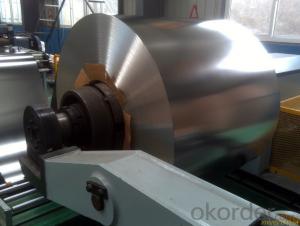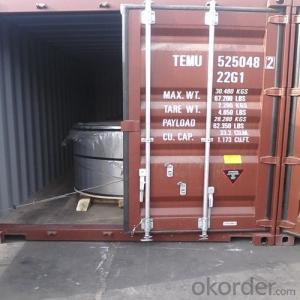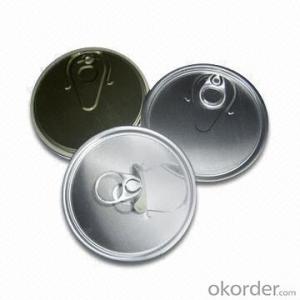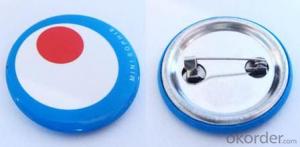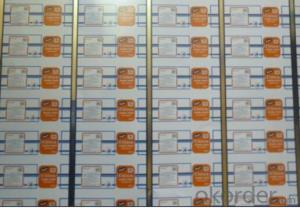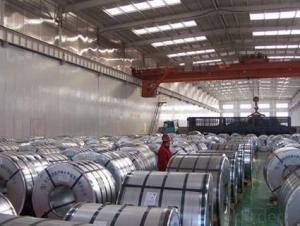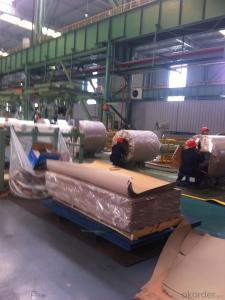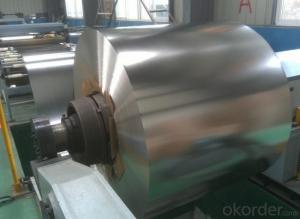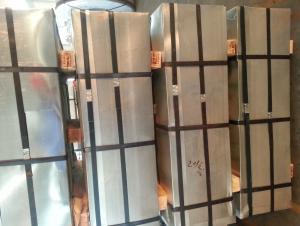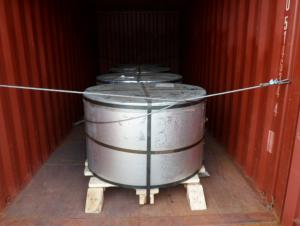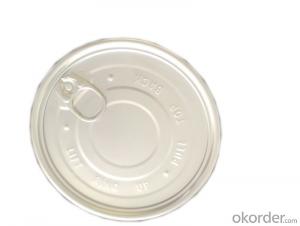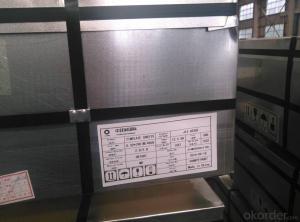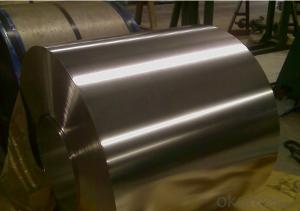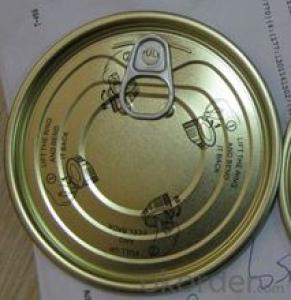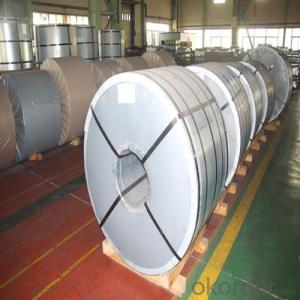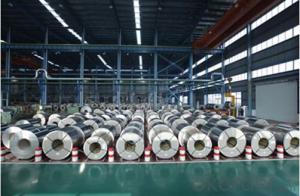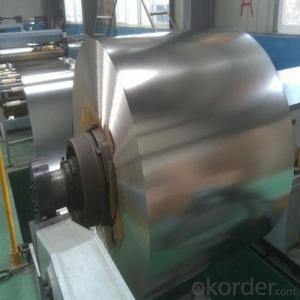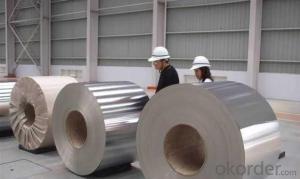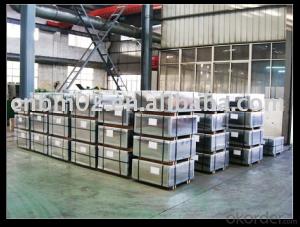All Categories
- - Steel Wire Rod
- - Steel Coils
- - Steel Profiles
- - Steel Pipes
- - Stainless Steel
- - Tinplate
- - Special Steel
- - Steel Sheets
- - Steel Rebars
- - Steel Strips
- - Hot Rolled Steel
- - Cold Rolled Steel
- - Pre-painted Steel
- - Seamless Steel Pipe
- - Welded Steel Pipe
- - Hollow Steel Tubes
- - Galvanized Pipe
- - Stainless Steel Coil
- - Stainless Steel Sheet
- - Stainless Steel Plate
- - Stainless Steel Strips
- - Electrolytic Tinplate Coil
- - Electrolytic Tinplate Sheet
- - Stainless Steel Rebars
- - Solar Panels
- - Solar Water Heater
- - Solar Related Products
- - Solar Inverter
- - Solar Cells
- - Solar Light
- - Solar Energy Systems
- - Solar Controllers
- - Solar Mounting System
- - Solar Pump
- - Solar Chargers
- - Fiberglass Chopped Strand
- - Fiberglass Mesh Cloth
- - Composite Pipes
- - FRP Pultrusion Profiles
- - Fiberglass Mat Tissue
- - Fiberglass Fabrics
- - Fiberglass Mesh
- - Composite Tank
- - Fiberglass Mesh tape
- - Polymer
- - FRP Roofing Panel
- - Fiberglass Roving
- - Monolithic Refractories
- - Ceramic Fiber Products
- - Refractory Bricks
- - Raw Materials For Refractory
- - Suspended Platform
- - Cranes
- - Concrete Machinery
- - Earthmoving Machinery
- - Building Hoist
- - Road Building Machinery
- - Plastic Pipe Fittings
- - Plastic Tubes
- - Plastic Sheets
- - Agricultural Plastic Products
- - Plastic Nets
 All Categories
All Categories
Q & A
What are the challenges and solutions for improving the recyclability of tinplate materials in underdeveloped regions?
The challenges for improving the recyclability of tinplate materials in underdeveloped regions primarily include inadequate recycling infrastructure, lack of awareness and education about recycling practices, and limited access to recycling facilities. Additionally, economic constraints and low market demand for recycled materials further hinder the recycling efforts.
To address these challenges, several solutions can be implemented. Firstly, investments should be made to develop recycling infrastructure in underdeveloped regions, including setting up collection centers and recycling facilities. This will enable efficient collection, sorting, and processing of tinplate materials.
Secondly, awareness campaigns should be conducted to educate communities about the importance of recycling and proper waste management practices. This can be done through public outreach programs, workshops, and educational campaigns to promote the benefits of recycling and encourage active participation.
Thirdly, collaborations with local governments, NGOs, and international organizations can help provide financial and technical support to establish and sustain recycling initiatives in underdeveloped regions. This can involve providing funding for infrastructure development, training programs, and capacity building.
Furthermore, incentivizing recycling efforts by creating market demand for recycled tinplate materials can play a crucial role in improving recyclability. This can be achieved by promoting the use of recycled materials in manufacturing processes, encouraging product labeling to indicate recycled content, and implementing policies that prioritize the purchase of recycled materials by governments and businesses.
Overall, addressing the challenges of inadequate infrastructure, awareness, and economic constraints, alongside fostering collaborations and creating market demand, can significantly enhance the recyclability of tinplate materials in underdeveloped regions.
How is tinplate integrated into the construction of green and sustainable garden structures?
Tinplate is integrated into the construction of green and sustainable garden structures primarily due to its durability, recyclability, and corrosion-resistant properties. It is commonly used as a cladding material for garden sheds, greenhouses, and other outdoor structures. Tinplate's protective coating helps to prevent rust and extends the lifespan of these structures, reducing the need for regular maintenance and replacement. Additionally, tinplate is highly recyclable, making it an environmentally friendly choice for sustainable construction.
What are the latest advancements in tinplate coatings for extended shelf life?
The latest advancements in tinplate coatings for extended shelf life include the development of nanotechnology-based coatings, such as nanocomposites and nanocoatings, which offer enhanced barrier properties against moisture, oxygen, and other external factors. Additionally, the integration of active packaging technologies, such as antimicrobial coatings and oxygen scavengers, has further improved the preservation of food and beverages in tinplate containers. These advancements aim to extend the shelf life of products and maintain their quality and freshness for an extended period.
What are the factors affecting the cost of tinplate?
There are several factors that can affect the cost of tinplate. Firstly, the price of raw materials, such as tin and steel, can significantly impact the cost. Fluctuations in these material prices due to supply and demand, global market conditions, and trade policies can influence the overall cost of tinplate. Additionally, manufacturing and processing costs, including labor, energy, and transportation expenses, can also play a role in determining the final price of tinplate. Finally, external factors like currency exchange rates and government regulations can further impact the cost of tinplate.
Wholesale Tinplate from supplier in Vanuatu
Our sales team is highly trained and knowledgeable about the Tinplate industry, and we can assist you in selecting the right products for your specific requirements. Whether you need Tinplate sheets, coils, or customized products, we can provide you with competitive prices and high-quality products.
In addition to sales, we also offer quotations to help you plan your budget and make informed decisions. Our team will work closely with you to understand your project's needs and provide accurate and detailed quotations that take into account factors such as quantity, specifications, and delivery requirements.
Furthermore, we understand the importance of technical support in ensuring the success of your projects. Our team of engineers and technical experts can provide guidance and assistance throughout the procurement process, from product selection to installation and maintenance.
As a subsidiary of CNBM, we have access to a vast network of resources and expertise, enabling us to provide exceptional services to our clients in Vanuatu. We have a strong presence in the local market and understand its unique challenges and requirements.
With our extensive range of Tinplate products and market experience, we can provide valuable insights and expertise to help you make informed decisions and achieve successful outcomes for your projects in Vanuatu. Contact us today to discuss your Tinplate procurement needs, and we will be happy to assist you.
In addition to sales, we also offer quotations to help you plan your budget and make informed decisions. Our team will work closely with you to understand your project's needs and provide accurate and detailed quotations that take into account factors such as quantity, specifications, and delivery requirements.
Furthermore, we understand the importance of technical support in ensuring the success of your projects. Our team of engineers and technical experts can provide guidance and assistance throughout the procurement process, from product selection to installation and maintenance.
As a subsidiary of CNBM, we have access to a vast network of resources and expertise, enabling us to provide exceptional services to our clients in Vanuatu. We have a strong presence in the local market and understand its unique challenges and requirements.
With our extensive range of Tinplate products and market experience, we can provide valuable insights and expertise to help you make informed decisions and achieve successful outcomes for your projects in Vanuatu. Contact us today to discuss your Tinplate procurement needs, and we will be happy to assist you.
